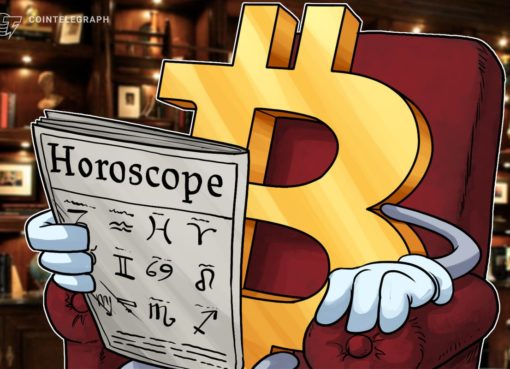ARK 21Shares has recently adjusted its application for a spot Ethereum exchange-traded fund (ETF), shifting towards a cash-creation model akin to its previously approved spot Bitcoin ETF.
The strategic amendment filed on Feb. 7 also includes plans to stake a portion of the ETF’s Ether (ETH) holdings potentially, aiming to generate additional income through staking rewards.
This move follows the firm’s successful transition of its Bitcoin ETFs to a cash creation and redemption model in December after engaging in discussions with the United States securities regulator.
The transition from an in-kind redemption model, where non-monetary payments such as BTC were used, to a cash-creation model marks a significant strategic pivot. Under the new model, ARK 21Shares will buy Ether corresponding to the order amount and deposit this Ether with the custodian, leading to the creation of ETF shares.
Eric Balchunas, a senior ETF analyst at Bloomberg Intelligence, highlighted this change, stating, “Looks like they updated to be only cash creations and some other things that bring it in line with the recently approved spot BTC ETF prospectus.”
The adaptation is seen as a move to align the Ether ETF closely with the regulatory preferences demonstrated in the approval of Bitcoin ETFs.
However, the adoption of the cash creation model may impact arbitrage transactions conducted by Authorized Participants, which are crucial for maintaining the ETF’s share price in close correlation with Ether’s market price. This complexity underscores the nuanced balance ETF issuers must strike between regulatory compliance and market functionality.
Moreover, ARK 21Shares’ latest S-1 filing introduces the concept of staking a portion of the ETF’s Ether holdings through “one or more trusted third-party staking providers.” While this proposal aims to leverage the income-generating potential of staking, it is accompanied by notable risks, such as the potential for Ether losses through slashing and the requirement for staked Ether to be locked up for extended periods.
The proposal to include staking in the ETF structure has stirred debate among industry observers. Finance lawyer Scott Johnsson pointed out that the staking-related paragraphs being in brackets suggests that the proposal is tentative and subject to regulatory dialogue.
Echoing this cautious stance, James Seyffart, another ETF analyst at Bloomberg, expressed skepticism about the SEC’s willingness to permit staking within spot Ether ETFs, stating, “But time will tell.”
The SEC’s decision on various applications for spot Ether ETFs, including those from ARK 21Shares, VanEck, Hashdex, Grayscale, and Invesco, is eagerly awaited, with a series of deadlines stretching from May to August 2024. However, Seyffart anticipates a collective decision by May 23, mirroring the SEC’s approach to Bitcoin ETFs earlier on Jan. 10.
The amendment to ARK 21Shares’ ETF application has not only sparked discussions around regulatory compliance and innovation in the ETF space but also influenced market dynamics. Following the announcement of the updated filing, Ether’s price experienced a notable surge, breaking above $2,400 and marking a two-week high.




